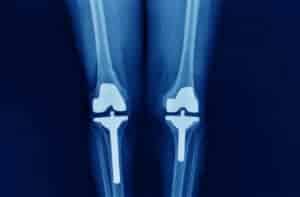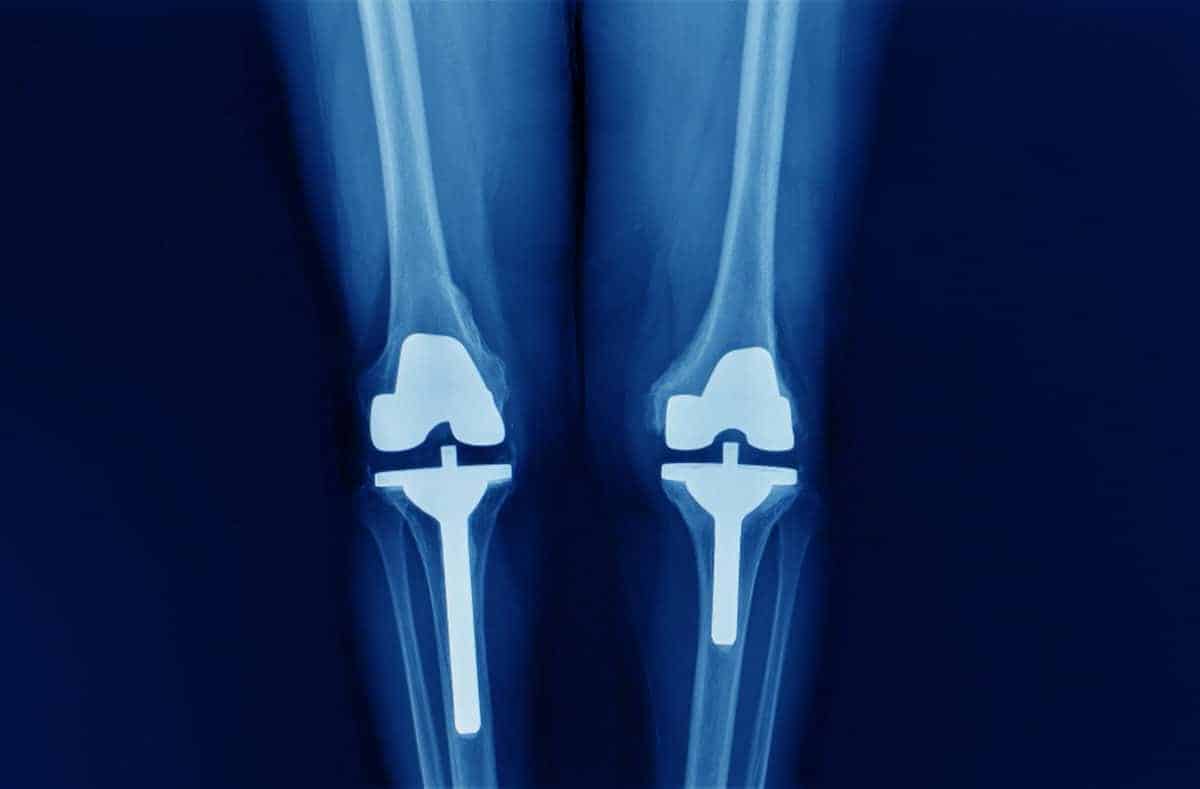 If joint injury or tissue loss in the knee is something you are experiencing, a total knee replacement surgery may be a good option for you. For those who are looking to live an active life and be free of pain and debilitating symptoms, knee replacements are shown to last for 15-20 years and possibly even longer.
If joint injury or tissue loss in the knee is something you are experiencing, a total knee replacement surgery may be a good option for you. For those who are looking to live an active life and be free of pain and debilitating symptoms, knee replacements are shown to last for 15-20 years and possibly even longer.
Keep in mind. However, a knee replacement may not be for everyone, and the knee replacement is not fail-proof as it is made of plastics and metals.
What Happens If It Fails?
If the replacement knee joint fails, it can become painful and even swollen. This type of pain may be similar to what you experienced prior to the surgery, and you may be discouraged, but there is a solution — revision knee replacement surgery.
Our knee doctors at Atlanta Orthopedics specialize in this type of replacement, and they work to improve the functionality as well as remove and replace any parts of the replacement knee that may not be working the way it should be.
The Difference in Total Replacement vs. Revision
Primary knee replacement surgery, or the first instance of placing a prosthetic into your knee joint, is when a surgeon will replace the surfaces of your femur, tibia, and patella bones with metal implants.
Knee Revision Surgery
During the revision, only one or possibly all three parts may need to be repaired or replaced. Some pieces of the bone may need to be repaired with a graft. Some revisions may require an entirely new replacement knee, where others may need just some simple changes.
A revision may be recommended if the pain in the knee is present following surgery or if a follow-up X-ray shows that the replacement knee is loose or worn. Also, a revision may be suggested if the surgery was performed when you were young, or if at the time you were obese and the extra weight wore down the replacement, or if you participate in high- impact activities which could cause for the faster wearing of the replacement.
Believe it or not, the revision can be a trickier procedure than that of the total replacement as the change requires specialized knee doctors to use specialized tools, as well as a more intensive pre-operative level of care.
Revision Surgery
If pain is present or other unusual symptoms occur around the artificial joint, contact your knee doctor right away to rule out anything serious. If working with one of our Atlanta knee doctors, we will provide you with as many options as we can, and if revision is one of them, you will have to be cleared for surgery by your primary physicians, and then we will schedule your surgery.
Revision surgery is a bit more complicated than a total replacement and can take anywhere between 2-3 hours, and patients are under general anesthesia for the operation.
Your surgeon will locate the original incision used during the first procedure, then cut there again. They will use this incision to access the artificial joint, remove any damaged components, inspect your knee for signs of infection, and then place new parts. You may need to have bone grafts to help rebuild the knee or have soft tissue repaired. Once the prosthetic has been repaired or replaced, the surgeon will close the incision.
Recovery
Much like the total replacement, you will need to stay off your feet for a while following the procedure, and you may need to stay in the hospital for a few days. Pain medication will be prescribed to help manage the recovery process and provide you with relief.
Physical therapy is often recommended to help regain mobility in the knee and to help increase range of motion. Within a few weeks of treatment, you should notice a significant difference and be able to return to your normal daily activities.
If you have had a total knee replacement and feel as if you need a revision, our Atlanta orthopedic doctors are highly skilled in this delicate surgery and can help get you back on your feet and back to your life. For questions about revision, or other ways to solve your symptoms non-surgically, contact our team at (404) 855-2141.





